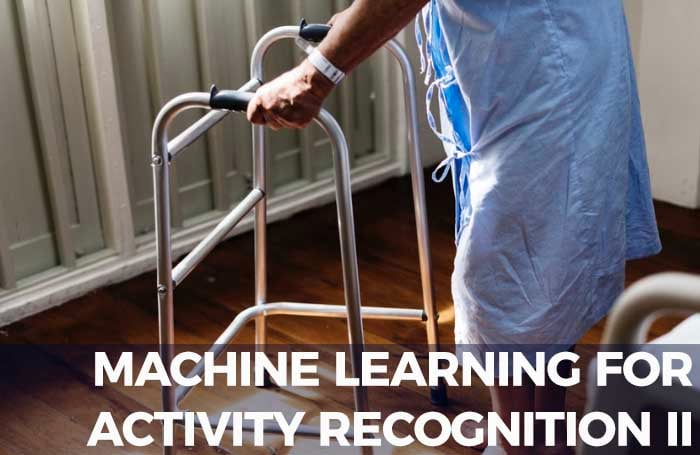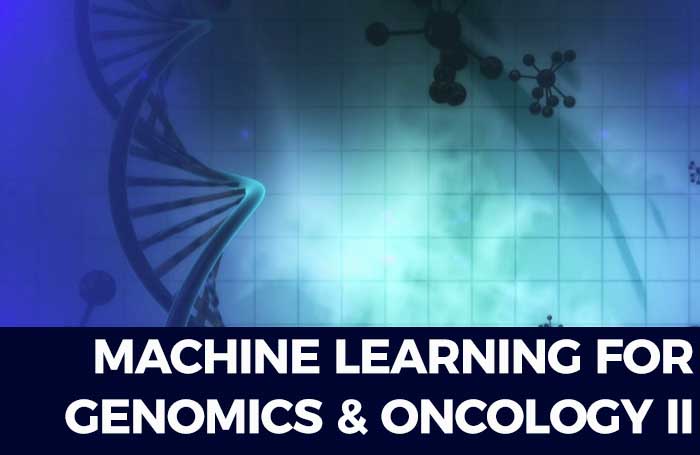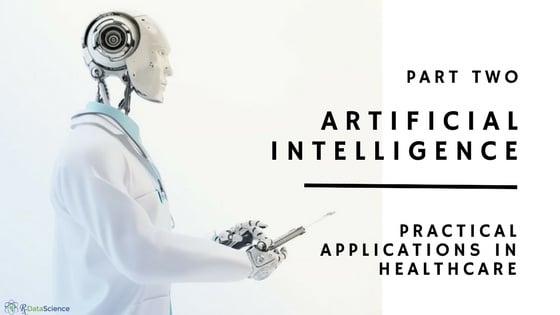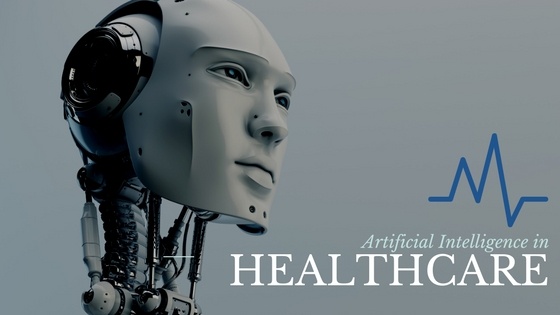Abstract:
Machine learning (ML) offers a wide range of techniques to predict medicine expenditures using historical expenditures data as well as other healthcare variables. For example, researchers have developed multilayer perceptron (MLP), long short-term memory (LSTM), and convolutional neural network (CNN) models for predicting healthcare outcomes. However, recently proposed generative approaches (e.g., generative adversarial networks; GANs) are yet to be explored for time-series prediction of medicine-related expenditures. The primary objective of this research was to develop and test a generative adversarial network model (called “variance-based GAN or V-GAN”) that specifically minimizes the difference in variance between model and actual data during model training. For our model development, we used patient expenditure data of a popular pain medication in the US. In the V-GAN model, we used an LSTM model as a generator network and a CNN model or an MLP model as a discriminator network. The V-GAN model’s performance was compared with other GAN variants and ML models proposed in prior research such as linear regression (LR), gradient boosting regression (GBR), MLP, and LSTM. Results revealed that the V-GAN model using an LSTM generator and a CNN discriminator outperformed other GAN-based prediction models, as well as the LR, GBR, MLP, and LSTM models in correctly predicting medicine expenditures of patients. Through this research, we highlight the utility of developing GAN-based architectures involving variance minimization for predicting patient-related expenditures in the healthcare domain.









